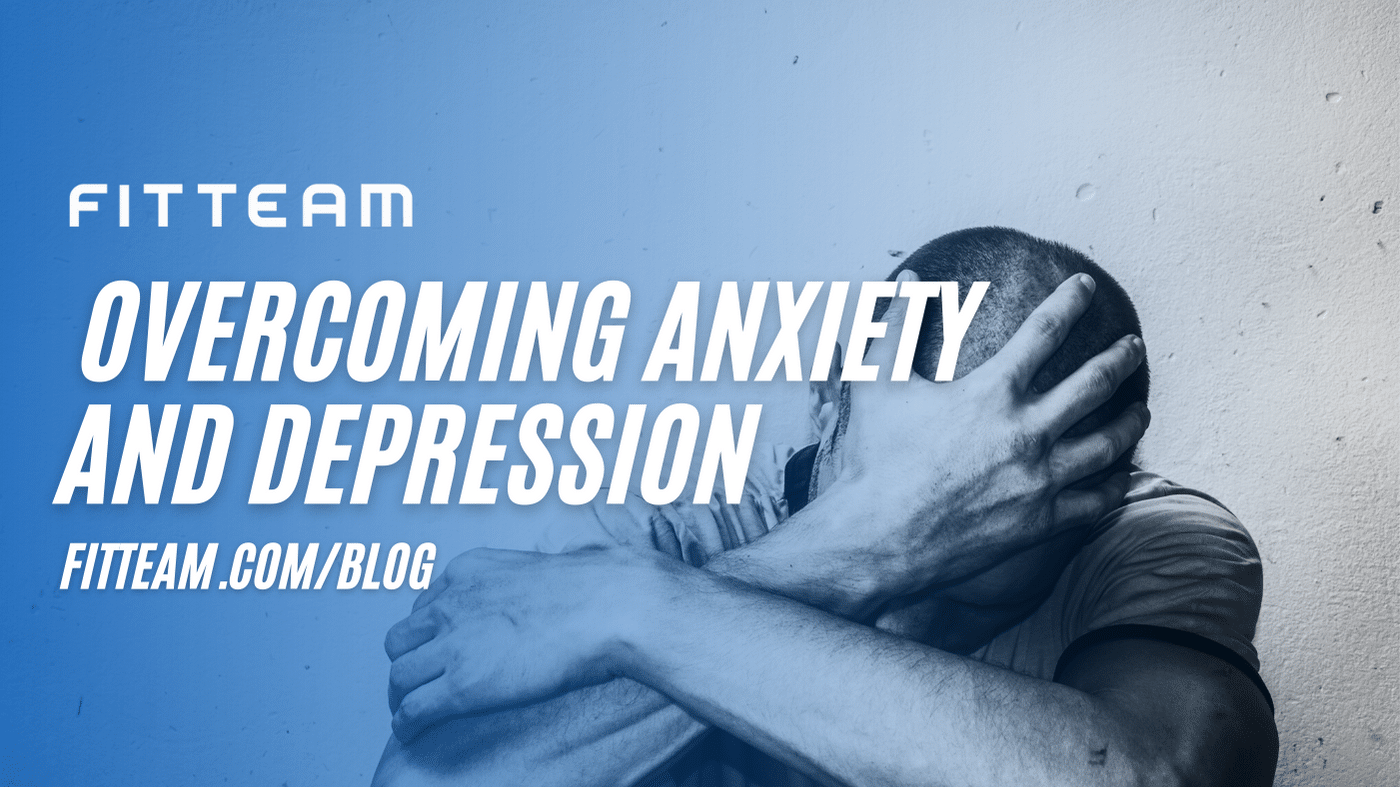
24 Nov Overcoming Anxiety and Depression
In the complex landscape of mental health, anxiety and depression are prevalent challenges that impact millions of lives worldwide. While seeking professional help is crucial, there are also actionable steps individuals can take to complement their mental health journey. Let’s explore strategies for overcoming anxiety and depression, emphasizing a holistic approach to well-being.
- Seek Professional Support:
While self-help strategies can be beneficial, seeking professional support is paramount. Trained therapists and mental health professionals can provide tailored interventions, such as cognitive-behavioral therapy (CBT) or medication when necessary.
- Prioritize Physical Activity:
Regular exercise has been shown to have a positive impact on mental health. Physical activity releases endorphins, the body’s natural mood lifters, and helps reduce symptoms of anxiety and depression. Incorporate activities you enjoy, whether it’s a brisk walk, yoga, or dancing.
- Practice Mindfulness and Meditation:
Mindfulness practices, including meditation and deep-breathing exercises, can help manage anxious thoughts and alleviate symptoms of depression. These techniques promote a present-focused awareness that can contribute to a more balanced mental state.
- Maintain a Healthy Diet:
Nutrition plays a crucial role in mental health. A diet rich in whole foods, including fruits, vegetables, whole grains, and lean proteins, provides essential nutrients that support brain function. Omega-3 fatty acids found in fish, flaxseeds, and walnuts have also been linked to mental well-being.
- Establish a Sleep Routine:
Quality sleep is vital for mental health. Establish a consistent sleep routine by going to bed and waking up at the same time each day. Create a sleep-conducive environment, limiting screen time before bedtime, and practicing relaxation techniques.
- Cultivate a Supportive Social Network:
Isolation can exacerbate symptoms of anxiety and depression. Cultivate a supportive social network by connecting with friends, family, or support groups. Share your feelings and experiences, and don’t hesitate to lean on others when needed.
- Set Realistic Goals:
Break larger tasks into smaller, manageable goals. Setting realistic objectives can provide a sense of accomplishment, boosting self-esteem and motivation. Celebrate achievements, no matter how small, as they contribute to overall well-being.
Overcoming anxiety and depression is a multifaceted journey that involves a combination of professional support, lifestyle changes, and self-help strategies. By prioritizing mental health, seeking professional assistance, and incorporating holistic practices such as exercise, mindfulness, and a balanced diet, individuals can take positive steps toward reclaiming their well-being. It’s essential to remember that progress may be gradual, and each step forward is a testament to resilience and strength. If you or someone you know is struggling with mental health issues, don’t hesitate to reach out to a mental health professional for guidance and support.
Sources:
- National Institute of Mental Health (NIMH): Anxiety Disorders
- Mayo Clinic: Depression (Major Depressive Disorder)
- Harvard Health Publishing: Exercise is an all-natural treatment to fight depression
- Psychology Today: The Power of Mindfulness

